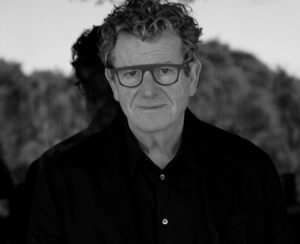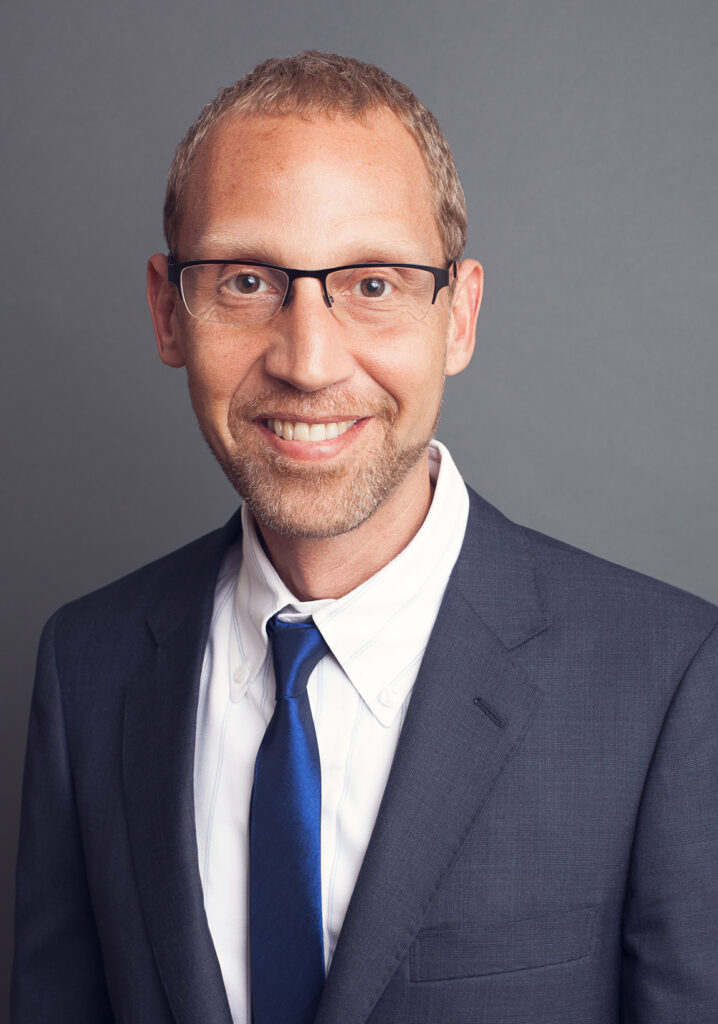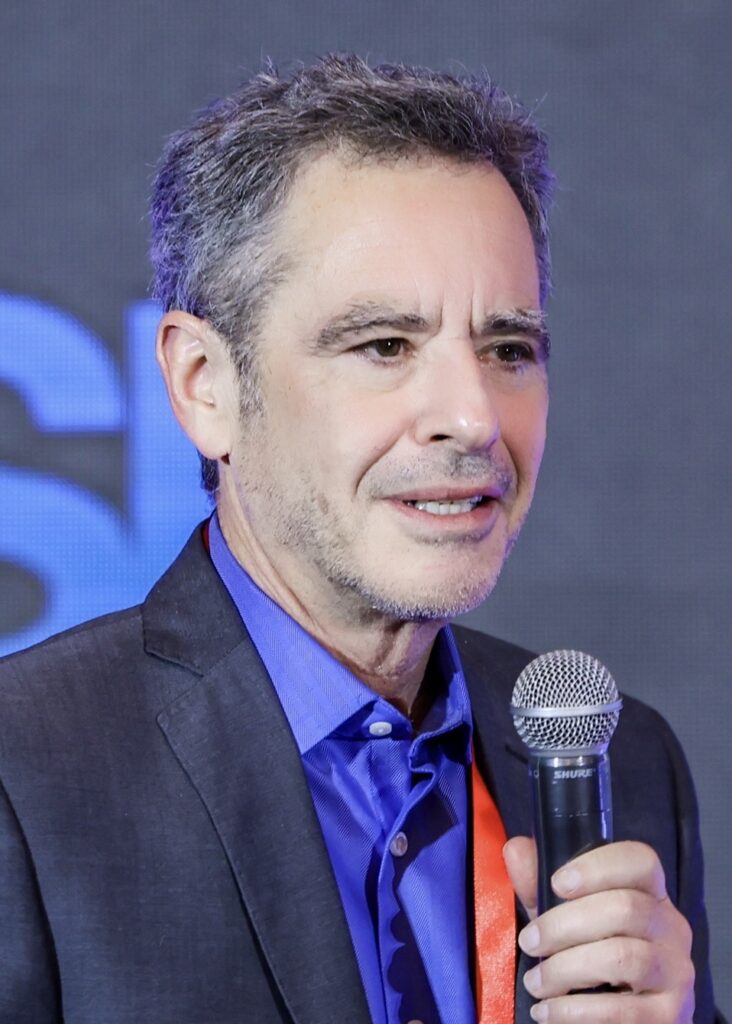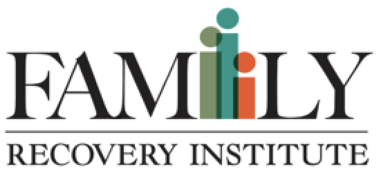NARRATIVE
This workshop explores dissociation as a universal and often adaptive feature of mental life—one that is functionally and phenomenologically distinct from both repression and splitting. Rather than viewing dissociation solely as pathological, we will consider its role in facilitating transitions between self-states in both daily life and clinical settings. Particular attention will be paid to psychosomatic dissociation, defined here as dynamic shifts in the mind’s relation to bodily states and perceptual experience.
We will examine the contrast between transient dissociative states—which enable novel, flexible, or even creative experiences—and the more entrenched “alter worlds” seen in clinical disorders. These latter states are typically characterized by a rigid, timeless, and isolative quality, often leaving individuals cut off from embodied self-experience.
The therapeutic stance in work with dissociation will be considered in depth, including the importance of the therapist’s attunement to somatic cues, sensory experience, and the therapeutic frame itself. Using clinical vignettes and detailed case material, participants will learn to recognize and respond to both normative and pathological dissociation in the therapy room.
LEARNING OBJECTIVES
At the conclusion of this program, participants will be able to:
- Distinguish dissociation from related defense mechanisms such as repression and splitting.
- Describe the features of everyday dissociative shifts and contrast them with pathological “alter world” states.
- Identify the role of psychosomatic dissociation in self-state transitions.
- Articulate the therapist’s role—including sensory and attentional engagement—in treating dissociative states.
- Explain how the clinical frame can support re-integration in clients experiencing depersonalization and mind-body dislocation.
COURSE OUTLINE—6 hours
8:30 – 9:00 am
Registration
9:00 – 10:45 am
- Conceptual foundations: What is dissociation?
- Differentiating dissociation from repression and splitting
- Review of key theoretical perspectives
10:45—11:00 am
Break
11:00 am—12:15 pm
- Psychosomatic dissociation and shifting self-states
- The role of bodily awareness and consciousness
- Normative vs. pathological dissociative patterns
12:15—1:15 pm
Lunch break
1:15—2:30 pm
- Clinical implications and therapist stance
- Use of the therapist’s attention, body, and sensory attunement
- The role of the frame in containing dissociative material
2:30—2:45 pm
Break
2:45—3:45pm
- Case presentation and discussion
- Application of course principles to real-world clinical work
- Interactive Q&A with participants
3:45—4:00 pm
Closing discussion and wrap-up
CONTENT CURRICULUM
Dissociation is a complex psychological phenomenon that is underemphasized in most doctoral training. This course deepens clinicians’ understanding of dissociative processes, especially their embodied dimensions, through theory and applied clinical discussion.
This course directly informs clinical practice, particularly in work with clients experiencing trauma, identity fragmentation, or somatic disconnection. It also enhances clinical sensitivity to dissociative dynamics in ordinary psychotherapy processes.
This training is intended for licensed psychologists, mental health professionals, and advanced graduate students. The instructional level is intermediate to advanced, assuming some familiarity with psychodynamic concepts and trauma theory.
The course is grounded in current psychodynamic and trauma-informed literature, including contributions from affective neuroscience and somatic psychology. As with all theoretical frameworks, the concepts discussed may require adaptation to the specific needs and contexts of individual clients. There are limitations to generalizability, and dissociation should be understood as a spectrum phenomenon rather than a unitary diagnosis.
Throughout the training, participants will be encouraged to consider how dissociative processes manifest across cultural and individual differences. The presenter will address how sociocultural context, developmental trauma, and systems of power and oppression shape embodied experience and self-states.
Bio:
Peter Goldberg is a Personal and Supervising Analyst at the Psychoanalytic Institute of Northern California, is Co-chair of Faculty at the San Francisco Center for Psychoanalysis, and on the faculty of the Wright Institute in Berkeley. He is a co-author of Here I’m Alive: The Spirit of Music in Psychoanalysis (Columbia University Press, 2023) and has written and presented widely on a range of clinical and theoretical topics including the evolution of clinical theory in psychoanalysis; psychosomatic dissociation, sensory experience in analysis and cultural life; transitional mechanisms and the function of the analytic frame; non-representational states; and the impact of social trauma on individual psychology.
COST:
CIP Members:
$150 early registration 10 business days prior to seminar; $180 after
Non-Members:
$180 early registration up to 10 business days prior to seminar, $210 after
CEs: 6 CEs for LMFTs, LCSWs, LPCCs and 6 CEs for Psychologists
The Community Institute for Psychotherapy is approved by the American Psychological Association to sponsor continuing education for psychologists. The Community Institute for Psychotherapy maintains responsibility for these programs and their contents.
Accommodations will be made wherever possible for those with disabilities. Please let us know of any disabilities upon registration to ensure proper accommodations are put in place prior to the workshop/training.
Cancellations must be received in writing 10 business days prior to the seminar, class, or first study group session for a refund minus a $25 cancellation fee. Cancellations less than ten days will not be refunded.

